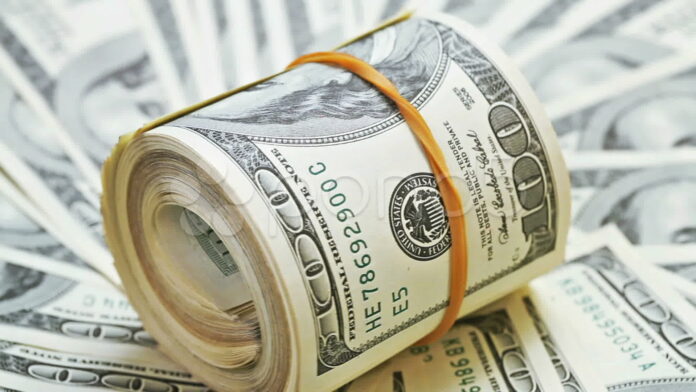Nigeria is poised for a return to the International Debt Market in June, with plans to issue its first Eurobond since 2022. But ahead of the Eurobond Issuance came a cheery news from Fitch Ratings, a global credit rating agency.
The Fitch Ratings – a globally renowned credit ratings agency revised upward, Nigeria’s long-term Foreign Currency Issuer Default Rating (FCY-IDR) outlook to “Positive” from “Stable” previously. It also affirms IDR at “B-“.
“Furthermore, the favourable review of Nigeria’s IDR would also be critical to banks’ plan of raising foreign currency capital in the race to meet up with the recapitalisation benchmark set for different licensing categories,” they said.
However, Afrinvest analysts flagged that signs of policy fatigue are beginning to manifest from both the fiscal and monetary authorities, raising concerns about the possibility of bottling the gains made so far in the near term.
“ As such, we canvass that the fiscal and monetary authorities reignite their commitment and double down on efforts to boost crude oil output, temper inflation, and stabilise the exchange rate,” they said.
However, the newly issued positive outlook implies that Nigeria’s IDR could be improved to “B” during the next rating review in six to 12 months, should majority of the considered barometers be further improved upon.
Historically, Nigeria’s best-ever FCY-IDR rating since Fitch began rating her in 2006 is “BB-“, and this status was maintained for eight years till 2014 on the back of stable macroeconomic fundamentals.
Nigeria, which currently battles with harsh economic realities has seen its short and medium-term papers appreciate year-to-date.
The economy grapples with soaring inflation and currency devaluation because of the new administration’s economic reform. Despite the hardship, the floatation of the naira and the clearing of the FX backlog has improved the country’s outlook. Foreign investors as well as multilateral organizations such as the World Bank see this move as a bold intervention to improve the economy’s sustainability in the long run.
Nigeria’s move to issue Eurobond follows recent successful issuances by several other African nations including Benin Republic and Ivory Coast that signaled renewed investor appetite for the continent’s debt.
Analyst at Commercio Partners, Ifeanyi Uba, explained that with the country’s naira beginning to appreciate against the dollar, and the expected rate cut by the Federal Reserve, the country’s return to the Eurobond market to raise more funds by June this year is most likely.
Other African nations re-entered the Eurobond markets amidst elevated interest rates compared to the preceding period of 2020- 2021. This resurgence coincides with heightened concerns over mounting debt levels among many African nations.



